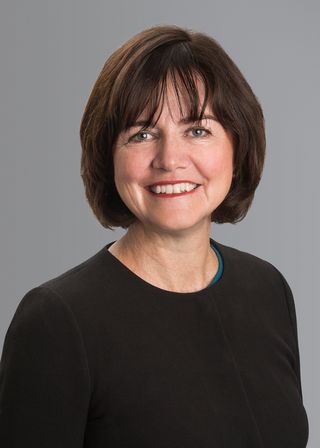Louise Clegg
Former barrister

Biography
Louise Clegg is a member of the United States Studies Centre's Board of Directors.
Louise is a former barrister with over two decades of experience in public law, employment law, and appellate advocacy. Prior to the bar, she was an Associate at a leading national law firm where she worked for seven years. She appeared in hundreds of matters before Federal and State courts and tribunals, including the High Court, the Federal Court, and the New South Wales Court of Appeal. Her practice spanned administrative, industrial, criminal, and anti-discrimination law, with particular focus on judicial review and public law questions.
Louise is a columnist and regular contributor to national public debate, and has published opinion pieces in The Australian, The Australian Financial Review, The Sydney Morning Herald, and The Spectator Australia, where she writes primarily on democracy, legal institutions, public policy, and political culture.
In addition to her courtroom work, Louise has long had an interest in legal writing and public speaking. She is the co-author of The New Law of Evidence: A Commentary and Annotation to the Uniform Evidence Acts (2nd ed, LexisNexis, 2009) and has published in academic journals including the Public Law Review and Bar News. She has presented at major legal conferences, including the Gilbert + Tobin Centre of Public Law Conference, on cases such as Workchoices (2006) and Cunneen (2015) and the annual Samuel Griffith Society conferences.
Louise is also a Director of the Sydney Institute, a Foundation Board Member of St Andrew’s College (within the University of Sydney) and a committee member of the Goulburn & District Education Foundation.
Louise brings to the board a deep understanding of legal process, institutional integrity, and the role of robust civic discourse in democratic life.




